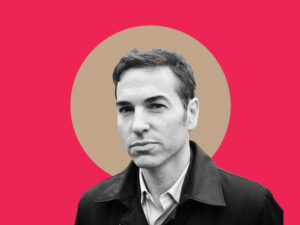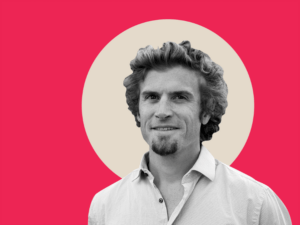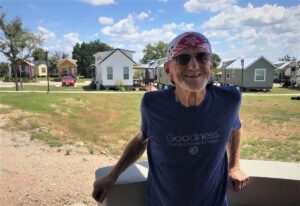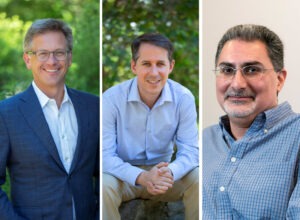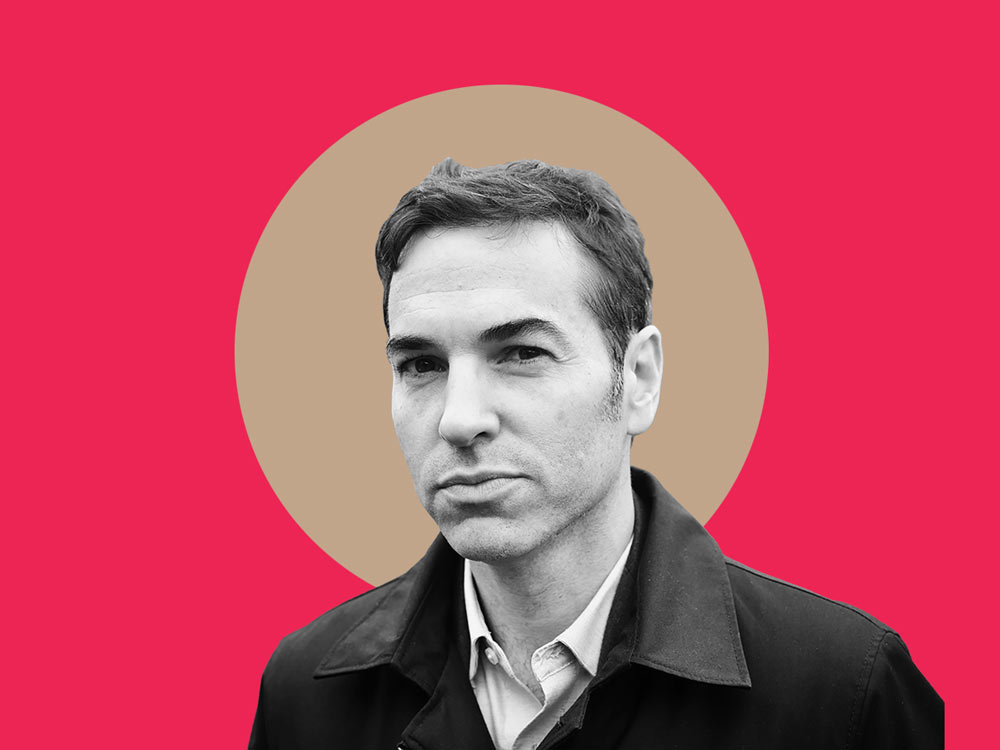Dennis Whittle has spent some 30 years working in international aid and development. He was initially struck by all the good intentions, but over the course of time, discovered that it’s often difficult for aid agencies and foundations to listen to the people they aim to serve.
Whittle spoke with Tiny Spark about his journey from the World Bank to his latest initiative called Feedback Labs.
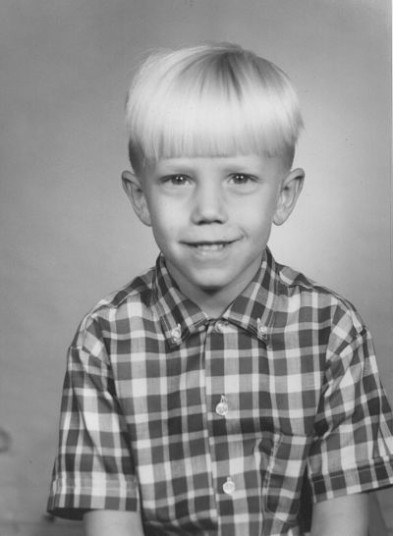
You grew up relatively poor. Did seeing your family’s financial struggles affect your career choices?
I think because of that childhood — and I don’t want to exaggerate, many people had worse childhoods than me — I really wanted stability and security. I didn’t enter my career thinking I wanted to be a do-gooder. But as I went along, I kept meeting people who didn’t have the chances that I had in life. There were people who helped me get scholarships to great prep schools, colleges and grad schools. I’m not a do-gooder in some abstract sense but I just like to give people opportunity.
You’ve also written about feeling like an outsider as a child, standing in line, holding a specially colored ticket for your free school lunch.
Thinking about that makes me very angry still. That made me feel really stigmatized. And a lot of my work, at its base, is trying to make sure people have opportunity and don’t have to go through indignities while they are taking advantage of opportunities.
You later spent 15 years or so at the World Bank. What surprised you most there?
There are many amazing people at the World Bank. But I think the thing that struck me the most is the ability of people to cognitively dissociate themselves from thinking critically and looking at the world plainly. It’s so amazing how when you get inside one of these systems, which is a culture and a world unto itself, you begin to accept ways of thinking, that from the outside, look a little bit crazy.
It took me many years before I had the courage to stand up in a meeting and say, “Wait, that’s not the way the world is.” And when I started doing that, it really changed my life and changed my career. I’ve constantly been surprised, both by the failure of people to speak up and also pleasantly surprised by the willingness of people to listen when you do speak up.
You helped start the World Bank’s Innovation Marketplace in 1998. What was that?
My colleagues and I thought to ourselves, what if we had an event where we invited anyone inside the World Bank to pitch an idea to fight poverty? What if we put a sign on the wall, ‘The World Bank’s mission is to eliminate poverty. Anybody in the World Bank with any idea to improve the way we do that, should come forward and pitch their idea outside of the normal bureaucratic systems.’
What happened after you decided to do that?
Sign up for our free newsletters
Subscribe to NPQ's newsletters to have our top stories delivered directly to your inbox.
By signing up, you agree to our privacy policy and terms of use, and to receive messages from NPQ and our partners.
We sent this email around and we got a resounding nothing in response. The idea that people would come down into a public space and pitch their crazy ideas was a bit out of the ordinary. But the night before the applications were due, we got 110 applications! And then we invited the finalists into the World Bank’s Atrium. There was an enormous cross section of people, ranging from administrative assistants up to the most senior people. And for one day — it still gives me the chills — all that mattered was the quality of your ideas and not who you were. We put a few million dollars on the line, and within a very short period we announced that we would be supporting 11 ideas with four or five million dollars of startup capital.
Afterwards, several senior World Bank people came up to us and said, “We’ve had certain ideas for years but we’ve never been able to get those ideas heard.” These people are in their 50s and had been in the Bank for 20 years in some cases. We started thinking, “If it’s hard for a senior World Bank economist to have his voice heard, what must it be like for everybody else in the world?”
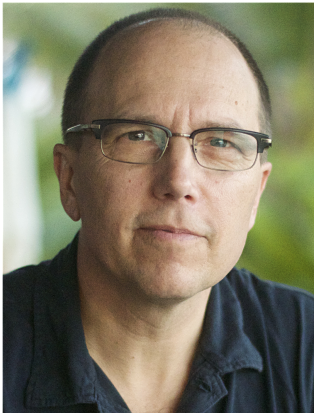
You later resigned from the World Bank and helped launch GlobalGiving, which enables people to post projects aimed at improving the world, and any individual could fund them directly. You report that $200 million has gone to 14,000 projects so far.
Yes, as impressive as those numbers are, the thing that I’m proudest of is conveying this idea of possibility and opportunity. We still get emails from people saying, “Using GlobalGiving was the first time in the world anyone ever listened to me and took me seriously.” That’s really powerful.
You were CEO of GlobalGiving for its first decade. Then you got the idea for Feedback Labs while looking at your phone?
Yes, I realized in the marketplace for things like cell phones, there are intense feedback loops from customers, and companies launch all sorts of products to see if they please customers. So I wrote this essay about my life at the Bank, and how little feedback from our customers we ever got; how insulated we were. And I asked what would happen if we could get much faster feedback loops from the people we were trying to serve? A bunch of people contacted me and said, “We’re working on this.” So I went home one night and bought the website FeedbackLabs.org.
And what is Feedback Labs?
It’s a network of 15 or 20 organizations trying to figure out a way to put people first for aid and development. Because there’s been a combination of factors that have made it very difficult for people in aid agencies and foundations to actually listen to regular people. The system is really structured as a top-down, expert driven system. So Feedback Labs is trying to bring about a fundamental change in the way we think about how you find out what the problems are and how you solve them. Ten years from now, we hope to see foundations, aid agencies and ultimately governments spending their days structuring their meetings around three questions: What do regular people want to make their lives better? Are we as an aid agency, a foundation, or even a government helping them achieve those things? If not, what should we do differently?
A common theme in almost every story you tell is the importance of being heard.
As a child, there was a real sting to feeling excluded. It was so visceral that whenever I ran across people in life after that, who I could tell wanted to be heard but weren’t, I started finding ways to help them be heard. It’s hard to imagine anybody more privileged than a senior economist at the World Bank, and to have that guy come and tell me, “It’s the first time anybody listened to my idea,” that was a turning point — realizing that exclusion is a pervasive phenomenon for everyone.
This interview has been edited for length and clarity. Tiny Spark and Feedback Labs receive funding from The William and Flora Hewlett Foundation.


